Public sector bodies – particularly those in law enforcement – are important actors in preventing and prosecuting instances of financial crime. That’s why it’s exiting for us to see them use our database in their work. We’re glad that we are now supporting the Bailiwick of Guernsey Financial Intelligence Unit with the OpenSanctions data service.

A view of St. Peter Port, capital of the Bailiwick of Guernsey. (Image: Mark Wordy CC BY 2.0 Deed, no changes made)
Financial Intelligence Units (FIU) are government agencies that collect information on suspicious financial activities. They’re receiving reports from banks and other financial institutions when these suspect money laundering and related crime such as drug trafficking or terrorism and proliferation financing (also known as suspicious activity reports, or just SARs, in industry speak). The FIU of Guernsey is now screening these reports with the help of OpenSanctions against sanctions-related financial crime risks.
The Bailiwick of Guernsey FIU helps to oversee the channel island’s financial sector, which has over 1500 regulated entities, including 20 banks. It is following the standards of the Financial Action Task Force (FATF), an intergovernmental organisation that develops anti-money laundering polices. The FIU is also a member of Moneyval, an expert committee of the Council of Europe.
In 2023, the FIU received 2,030 suspicious activity reports. Guernsey’s primary money laundering threats arise from foreign criminality, which is most likely to involve bribery and corruption, fraud and tax evasion and which is in line with the reporting of SARs to the FIU from an international context. The primary sectors of reporting are trust and company service providers as well private banks and investment firms, which aligns with the Bailiwick of Guernsey National Risk Assessment.
